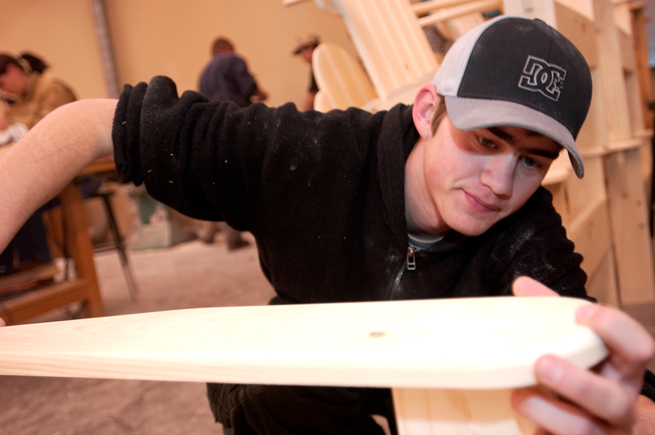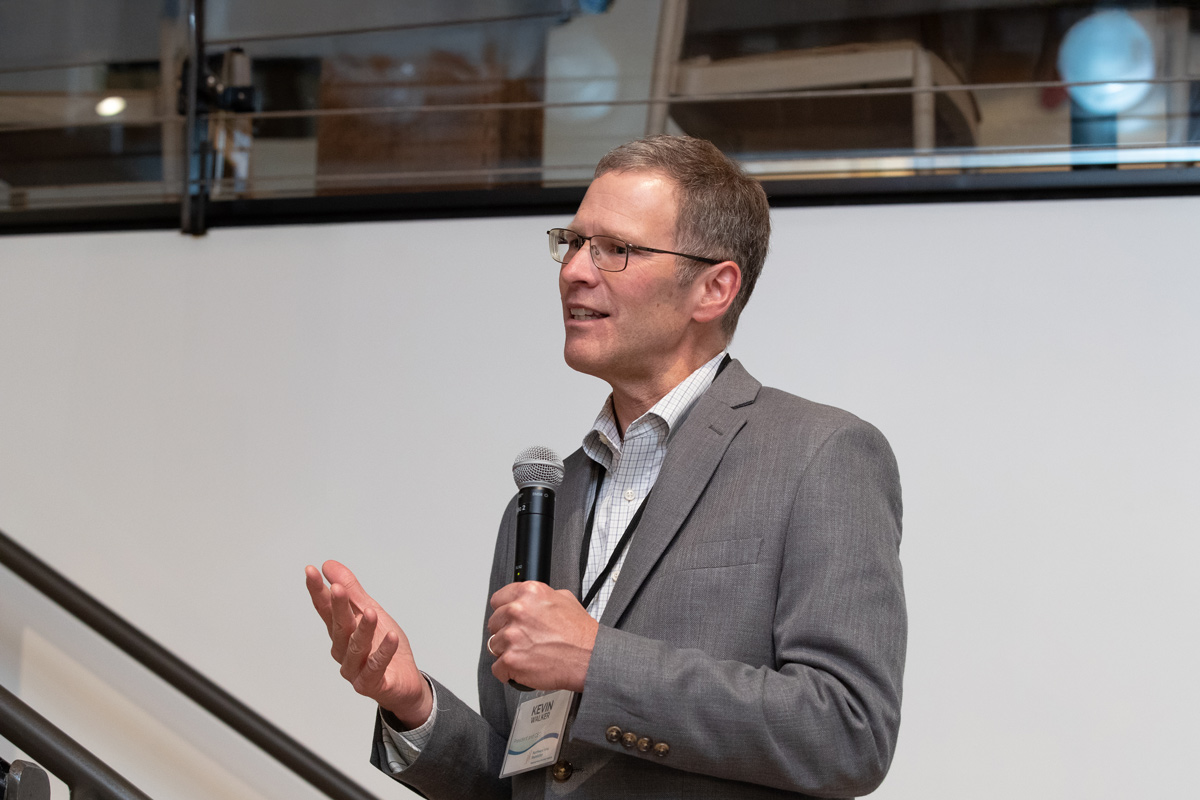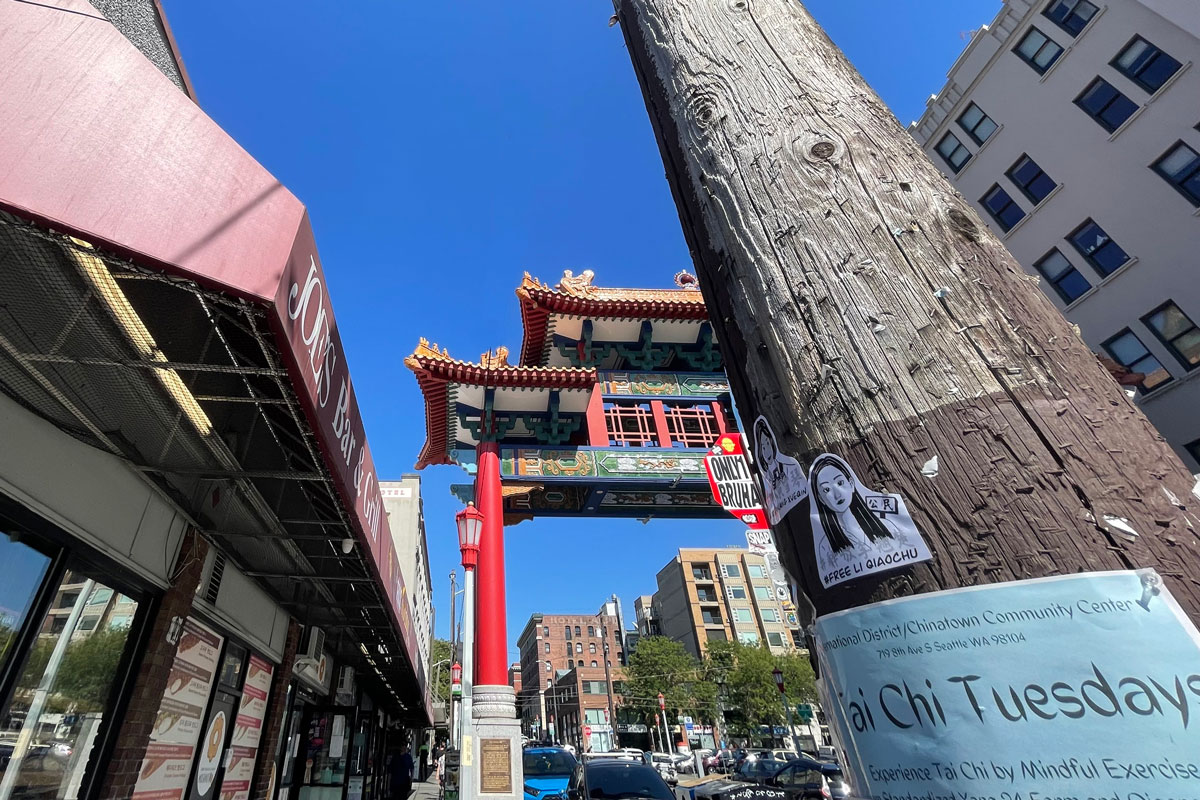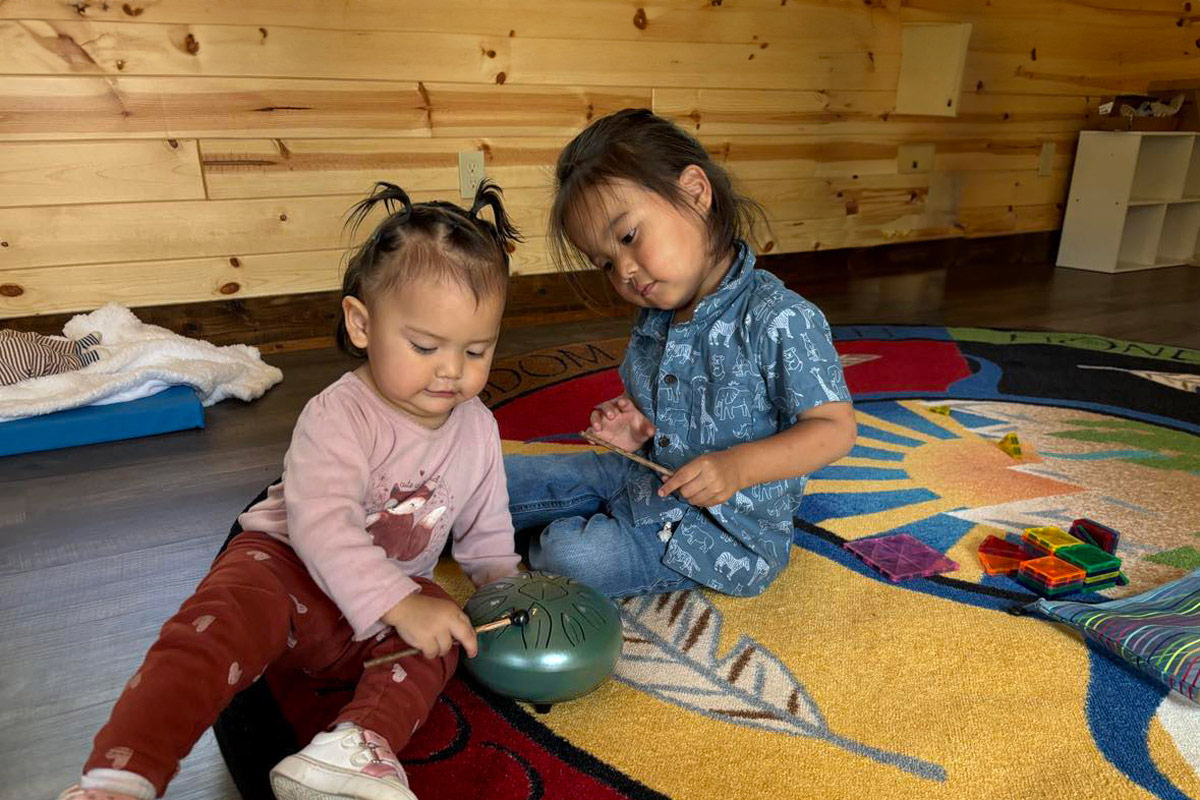Our Enterprise Development portfolio invests in communities to drive entrepreneurship and provide ownership, jobs, and training opportunities to people who’ve been denied them in the past.
One of our strategies is supporting social enterprises, including local nonprofits that do good in the community and run programs (for example, a youth-run garden and café, or a technology recycling program operated by adults who face barriers to employment) that raise revenue to further their mission and have a greater impact for the people they serve. Their social enterprises also provide financial literacy, workplace skills, and other experiences to build people’s financial capability.
We learn more about effective social enterprises alongside the organizations we fund. One of the social enterprises we’ve funded is the Metropolitan Alliance of Connected Communities (MACC), which received $500,000 from NWAF through a two-year grant.
MACC is a consortium of 50 nonprofit organizations.
These organizations employ over 2,000 staff members and serve upward of 350,000 individuals each year. Using NWAF Enterprise Development funds, MACC was an intermediary that provided assistance and leadership to a group of social enterprises.
Here are some things MACC learned during its grant that are also teaching us how to be better funders:
#1. Keep investing in social entrepreneurs.
MACC’s 30 social enterprise members are at different places in their development, impact, and profitability—from start-ups to brands that need reinvention, and all the variants in between. Entrepreneurs need to keep learning and growing, and MACC’s Social Enterprise Network provides vital opportunities to share expertise.
#2. Working together, we make better decisions.
Social enterprise isn’t right for every organization, and every idea isn’t right for social enterprise. Through the work of MACC’s Social Enterprise Network, the number of MACC member social enterprises has increased 20 percent. When necessary, it’s equally important to guide nonprofits away from ideas that weren’t feasible, saving their time and resources.
#3. A “start-up cohort” gets things done.
The structure of a cohort, with built-in timelines and deliverables, along with grant deadlines, gets organizations on a progressive path. MACC members started at least five new social enterprises in 2018, and the grant reporting deadlines and cohort process were pivotal in achieving start-up status—and ultimately earn revenue, impact clients, and sustain their organization.
#4. Business outcomes take time.
With a new business, profitability isn’t immediate. The start-up phase spans one or two years, so it’s important for social entrepreneurs to have the capacity to sustain initial operations. Early funding, guidance, and support are vital assets for nonprofit social entrepreneurs, helping them progress from start-up toward a sustaining business with impact.
#5. Triple bottome-line social enterprises—those with interwoven social, environmental, and financial goals—offer enormous opportunity for nonprofit social entrepreneurs.
The market continues to grow for green business, and resale/reuse/recycling offers ongoing market opportunities for social enterprise. Within MACC members, you’ll find reuse warehouse stores, used bike shops, thrift shops, and resale boutiques that provide jobs, frequently for people with barriers to employment, and positively impact the environment both by keeping usable items out of landfills and by reducing new consumption.




